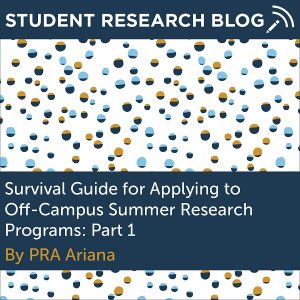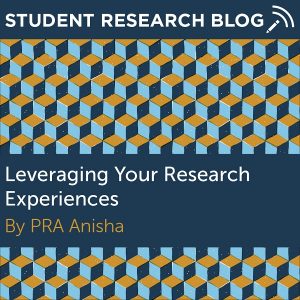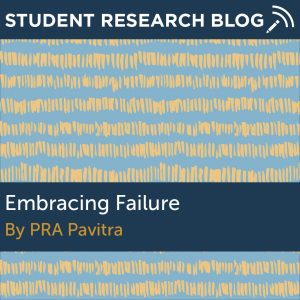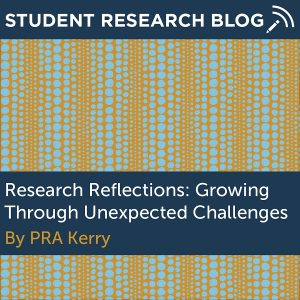 By Kerry Morgan, Peer Research Ambassador
By Kerry Morgan, Peer Research Ambassador
When it comes to research, I have found that every experience is different in its own way, and you can never walk into an opportunity with clear expectations of what it will be like. Personally, I’ve been part of several research experiences spanning across two different campuses, and within three different departments. I first got involved in research during my Sophomore year, and at that point I was just overjoyed to have even been given an opportunity to participate in research at all. However, my interests were not yet fully developed, and I had no idea what I could expect from research, or even what else existed in the world of research. I started my journey in the Kinesiology Department, and while this was research I found very interesting, I discovered that being involved in research should go far beyond just having an interest in the work. As I reflect back on my first two research experiences, I recognize the misconceptions that I had going into each opportunity, but I am also grateful for having learned what my refined goals as a student researcher were. Continue reading
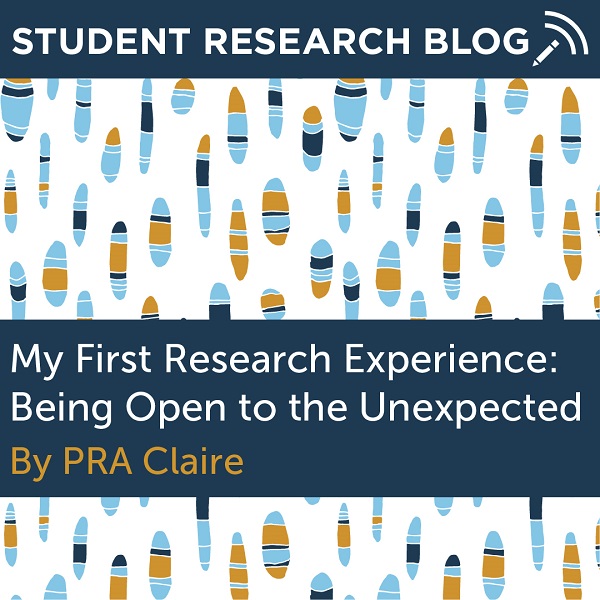 By Claire Fresher, Peer Research Ambassador
By Claire Fresher, Peer Research Ambassador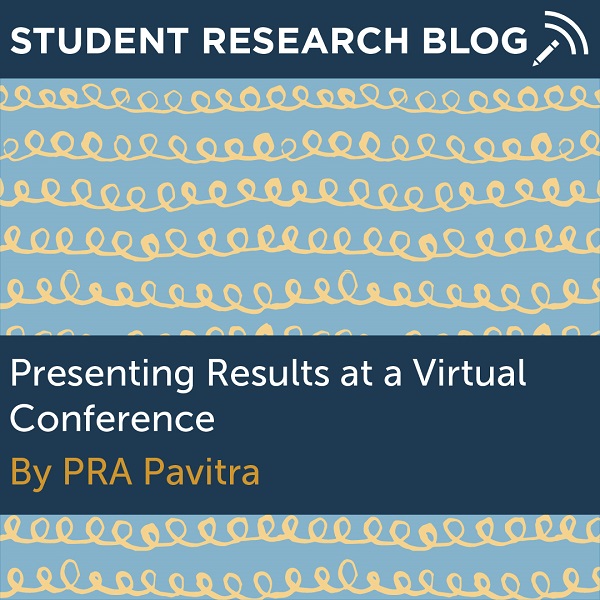 By Pavitra Makarla, Peer Research Ambassador
By Pavitra Makarla, Peer Research Ambassador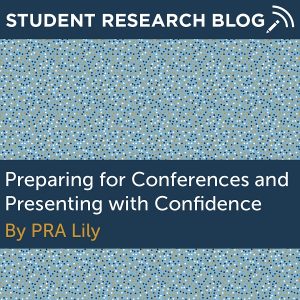
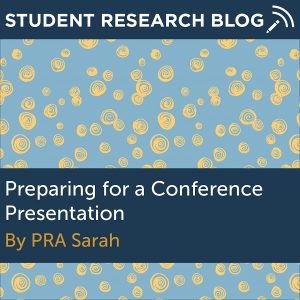
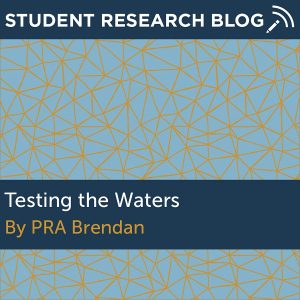
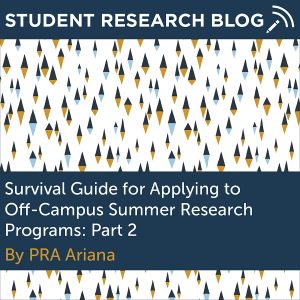 By Ariana Rojas, Peer Research Ambassador
By Ariana Rojas, Peer Research Ambassador